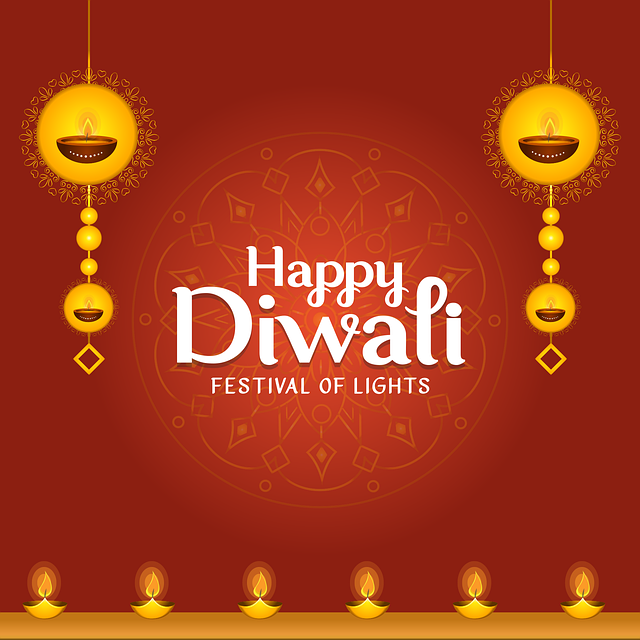Diwali, the Hindu festival of lights, is India’s most important and largest holiday. The festival’s name comes from the row of clay lamps, which Indians light on the exterior of their homes, symbolizing the inner light protecting people from spiritual darkness. Also known as Dipawali, the festival is as vital to Hindus as Christmas is to Christians.
Devotees worldwide, including non-Hindu communities like Jains and Sikhs, celebrate this festival. The festival of lights symbolizes that good overcomes evil or light overcomes darkness. It commemorates the return of Lord Ram to the Ayodhya kingdom following a fourteen-year exile.
During the festival, Hindus also celebrate the day Mother Goddess Durga ruined Mahisha, a demon. Sikhs celebrate the day the sixth guru, Hargobind Singh, was released from prison in 1619. However, the Sikhs celebrated Diwali before this date. On the other hand, Jains celebrate the moment that Lord Mahavira, the founder of Jainism, reached a state known as Moksha (eternal bliss or nirvana).
For some, Diwali coincides with the new year and harvest celebrations. The festival usually takes place between October and November, and the date changes yearly. This year, the festival of lights takes place for five days, from October 22nd to October 26th. The celebration’s main day is October 24th 2022. Several traditions occur during the festival of lights, including the following:
· Lighting many small oil lamps called divas and placing lights in houses, shops, and streets.
· People visit their loved ones and eat together.
· Worshipping the Hindu goddess of wealth called Lakshmi.
· Festivities and fireworks.
The participants also enjoy sweets. Therefore, the festival is highly popular with kids.









